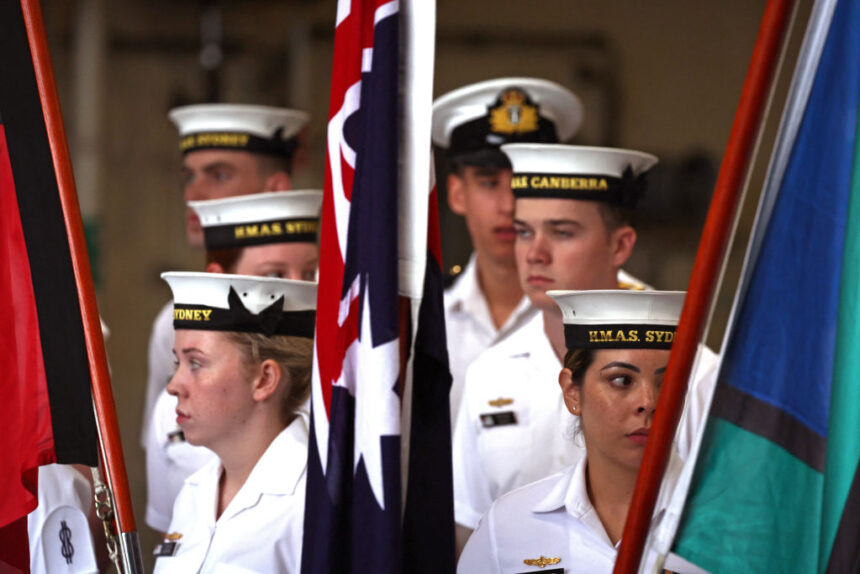Australia appears vulnerable when our security is as challenging as it has been in decades.
Australia’s Defence Minister Richard Marles has recently engaged in discussions with his Chinese counterpart regarding concerning military encounters in international waters. However, questions arise as to why it took Mr. Marles 27 days to initiate this conversation.
Labor Prime Minister Anthony Albanese has assured the public that representations have been made at various levels, but direct contact with Chinese officials was limited until a meeting at the annual Shangri-La Defence Dialogue in Singapore.
As a former defence minister, I have personally engaged with counterparts from various nations at international conferences, emphasizing the importance of strong defence capabilities.
The Australian government plans to address these security concerns during an upcoming visit by the CCP’s premier to Australia. However, many believe that these actions come too late to adequately address the current security challenges.
Furthermore, the Australian Strategic Policy Institute has highlighted the need for increased defence spending to address the evolving geopolitical landscape. Despite acknowledging the urgency, there is a lack of substantial action in terms of defence investment.
Recent polls show a significant decline in Australian trust towards China, with growing concerns about potential military threats. The majority of Australians view the U.S. alliance as crucial for national security.
Given the changing attitudes towards international relations and the identified security threats, there is a call for increased defence expenditure and faster acquisition of military resources. Failure to address these issues may lead to severe consequences, reminiscent of historical unpreparedness for conflict.
It is essential for the government to reevaluate its policies and prioritize national security to ensure the safety and protection of the country. Please rephrase this sentence.
Source link





